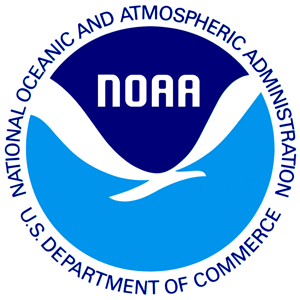Barry Berejikian, Ph.D.
Background
Barry Berejikian leads the Fisheries Enhancement and Conservation (FEC) Program and serves as the Station Chief for the Manchester Research Station at the Northwest Fisheries Science Center. Barry received a B.S. degree in Environmental and Systematic Biology from California Polytechnic State University, San Luis Obispo in 1990, and his M.S. degree (1992) and Ph.D. degree (1995) in Fisheries from the University of Washington. Barry joined the Northwest Fisheries Science Center in 1995 and began work on a number of projects aimed at quantifying the effects of artificial propagation of salmon and steelhead on natural populations. Barry’s program objectives include optimization of commercial aquaculture, developing approaches to maximize the effectiveness of hatcheries for salmon conservation, rebuilding depleted salmon stocks, and improving the survival of salmon in Puget Sound. The Manchester Research Station portfolio includes contributions to improving restoration and commercial aquaculture effectiveness and efficiency and supports cooperative agreements with private companies and non-profit organizations.
Current Research
The Behavioral Ecology Team's research centers on three projects. The Hood Canal Steelhead Project is a before-after-control-impact experiment to quantify the effects of artificial propagation on natural population abundance, productivity, genetic diversity and life history. The project also assesses potential factors limiting the productivity of natural populations, including telemetry-based studies of migratory behavior and survival in the marine environment. The Methow River Steelhead Project evaluates the effectiveness of alternative juvenile rearing strategies in improving smolt survival, reducing residualism and precocial male maturation, and minimizing domestication selection. Studies to improve larval sablefish survival in aquaculture systems use behavioral assessments and other methods to determine the effects of light levels, odorants, and temperature on larval survival and juvenile development.
